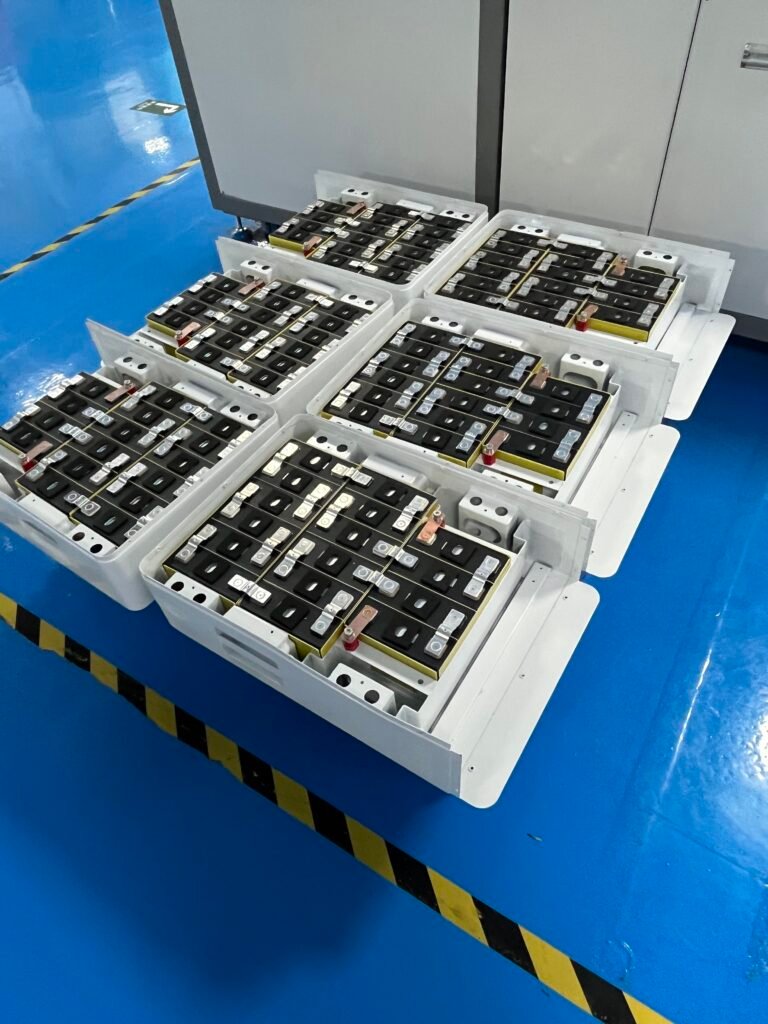Lithium-ion batteries have become ubiquitous in our daily lives, powering everything from smartphones and laptops to electric vehicles. However, news of lithium-ion battery explosions has raised concerns about their safety. So, can these batteries really explode? What causes them to do so, and how can we prevent such incidents? This article delves into these questions.
How Lithium-Ion Batteries Explode
Lithium-ion battery explosions are typically caused by internal short circuits. When a short circuit occurs inside the battery, it generates a large amount of heat instantaneously, causing the battery’s temperature to rise rapidly. If this temperature exceeds the thermal limit of the battery materials, it can trigger a series of chemical reactions, ultimately leading to an explosion.
Several factors can contribute to internal short circuits:
- Manufacturing Defects: Defects like foreign particles or short circuits during the manufacturing process can lead to internal short circuits.
- External Damage: Physical impacts such as squeezing, collisions, or punctures can damage the battery’s internal structure, causing a short circuit.
- Overcharging and Overdischarging: Excessive charging or discharging can damage the battery’s internal structure, leading to the formation of lithium dendrites, which can pierce the separator and cause a short circuit.
- High-Temperature Environments: High temperatures can accelerate the chemical reactions inside the battery, increasing the risk of short circuits.
The Dangers of Lithium-Ion Battery Explosions
Lithium-ion battery explosions pose significant risks, including:
- Personal Injury: The high temperatures, debris, and toxic gases produced by an exploding battery can cause severe injuries or even fatalities.
- Property Damage: Battery explosions can ignite fires, resulting in property damage.
- Environmental Pollution: The toxic substances released during battery explosions can contaminate the environment.
Preventing Lithium-Ion Battery Explosions
To ensure safety, several precautions can be taken to prevent lithium-ion battery explosions:
- Choose Batteries from Reputable Manufacturers: Batteries from reputable manufacturers generally have higher quality and safety standards.
- Avoid Overcharging and Overdischarging: Use the original charger and avoid charging or discharging the battery for extended periods.
- Avoid High-Temperature Environments: High temperatures can degrade battery performance and increase the risk of explosions.
- Protect the Battery from Physical Damage: Avoid disassembling the battery and protect it from physical impacts.
- Store Batteries Properly: Store batteries in a cool, dry place away from metal objects.
- Use Lithium-Ion Battery Packs with Protection Features: Lithium-ion battery packs often have built-in protection features such as overcharge protection, overdischarge protection, and short circuit protection, which can effectively reduce the risk of explosions.
Safety of Lithium-Ion Battery Packs
Lithium-ion battery packs are composed of multiple lithium-ion batteries connected in series or parallel. Compared to individual cells, battery packs generally offer higher safety due to:
- Battery Management System (BMS): BMS monitors the battery’s status in real-time and takes appropriate protective measures.
- Balanced Charging: BMS ensures that each battery is charged evenly to prevent overcharging or overdischarging of individual cells.
- Temperature Control: BMS regulates the battery pack’s temperature to prevent overheating.
Conclusion
While the risk of lithium-ion battery explosions exists, it can be significantly mitigated by choosing high-quality products, using them correctly, and maintaining them properly. As battery technology advances, the safety of lithium-ion batteries will continue to improve. In our daily lives, it’s important to develop good battery usage habits to ensure personal and property safety.




